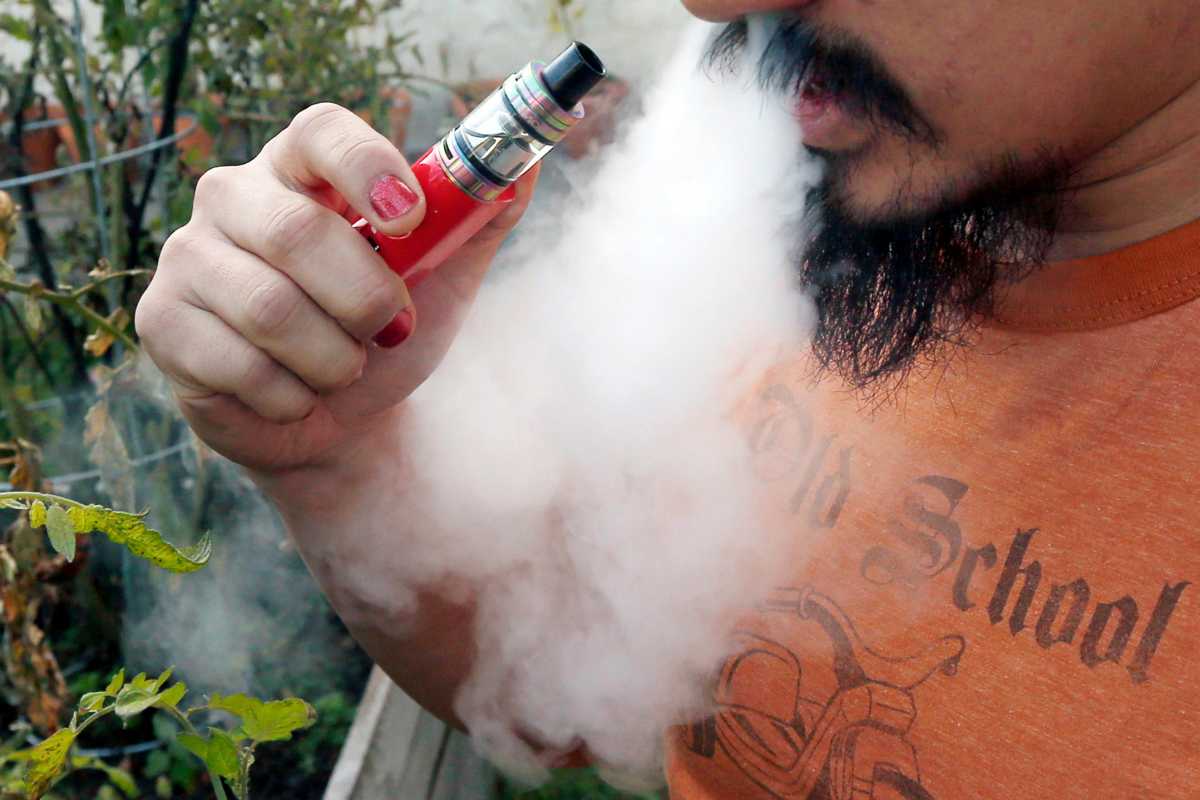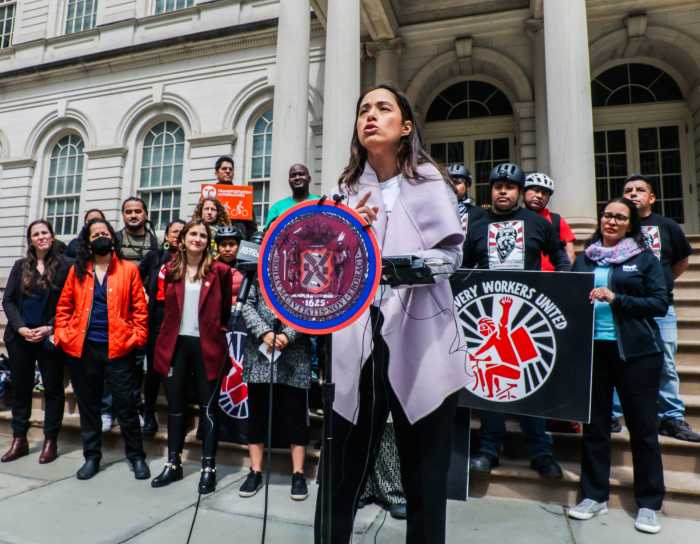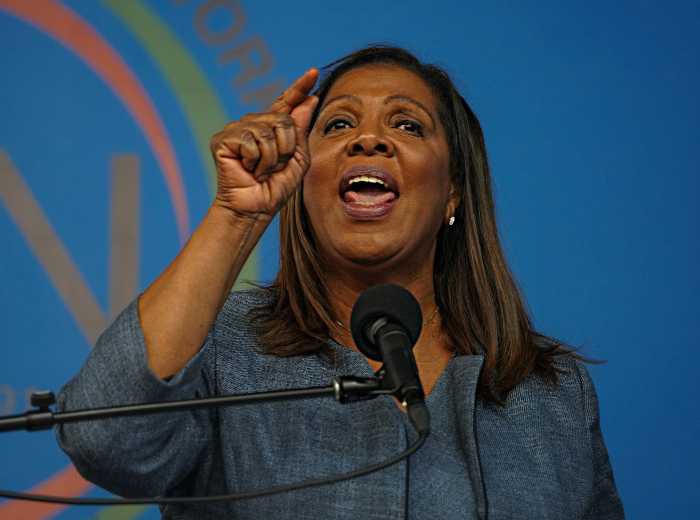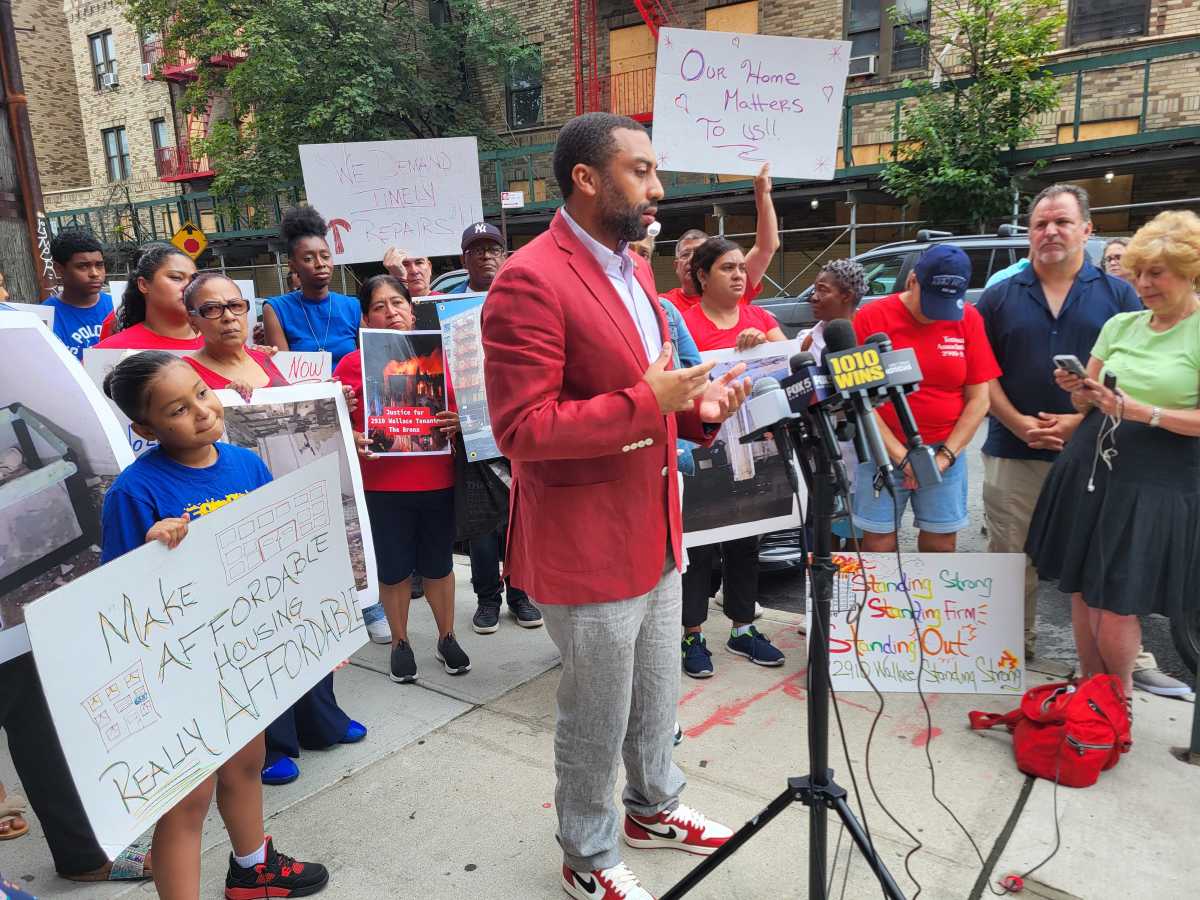The future of e-cigarettes and vaping devices remains unclear after lawmakers heard from school officials, medical experts, business groups and city and state officials during a Nov. 4 hearing in Manhattan.
The hearing, co-sponsored by senate education committee chair state Senator Shelley Mayer, state Senator Kevin Thomas and state Senator Gustavo Rivera coincided with Governor Andrew Cuomo’s announcement that the legal age to purchase any tobacco products in the state will rise from 18 to 21 as of Nov. 13. Recently, a New York court also placed a temporary injunction on a bill banning the sale of flavored e-cigarettes in the Empire State.
Some lawmakers supported legislation regulating the industry while others called for a ban of the devices in light of the recent deaths caused by vaping-related illnesses.
“It’s a dangerous product that has not been properly vetted by the FDA,” said state Senator Brad Hoylman. “Why should be be allowing its use at all in New York State?”
State Senator Liz Krueger supported banning tobacco products “regardless of their form at this point.” Krueger, the prime sponsor of a bill to legalize marijuana in New York state, clarified that although she continues to support marijuana legalization, she did not want to create a future health crisis.
Last week, the Centers for Disease Control reported, there have been 1,888 cases of vaping related illness in the United States. Brad Hutton, deputy commissioner for the New York State Department of Health, pointed out that 156 of those sickened were New Yorkers.
According to the CDC, the majority of vaping-related lung illnesses have been connected to black market marijuana products. Experts at the hearing said that investigators of the epidemic are still unable to definitively link the illness and deaths to one ingredient or source.
The majority of those who testified at Monday’s hearing spoke of the need for legislation to combat the growing number of school-aged children vaping or using e-cigarettes. They also backed existing legislation to ban the sale of e-cigarette flavors such as mango, bubblegum and mint.
“This has led to an emergence of a belief that e-cigarettes are not harmful,” said Abe Baker-Butler, co founder of Students Against Nicotine and high school student from Rye.
According to Hutton, 27 percent of high school students used e-cigarettes in 2018 — a 164 percent increase from 2014 numbers. Other city and state officials said that more than 40 percent of high schoolers regularly vaped.
“It’s like comparing two bombs and asking which is more explosive,” said Hutton in comparing regular cigarettes to e-cigarettes. “They are both very dangerous to health.”
Bodega and convenient store representatives argued that a full ban of the products would have adverse effects on former combustible cigarette smokers who switched to e-cigarettes. Legislators repeatedly asked if there was validity to the claim that e-cigs are safer than traditional cigarettes.








































